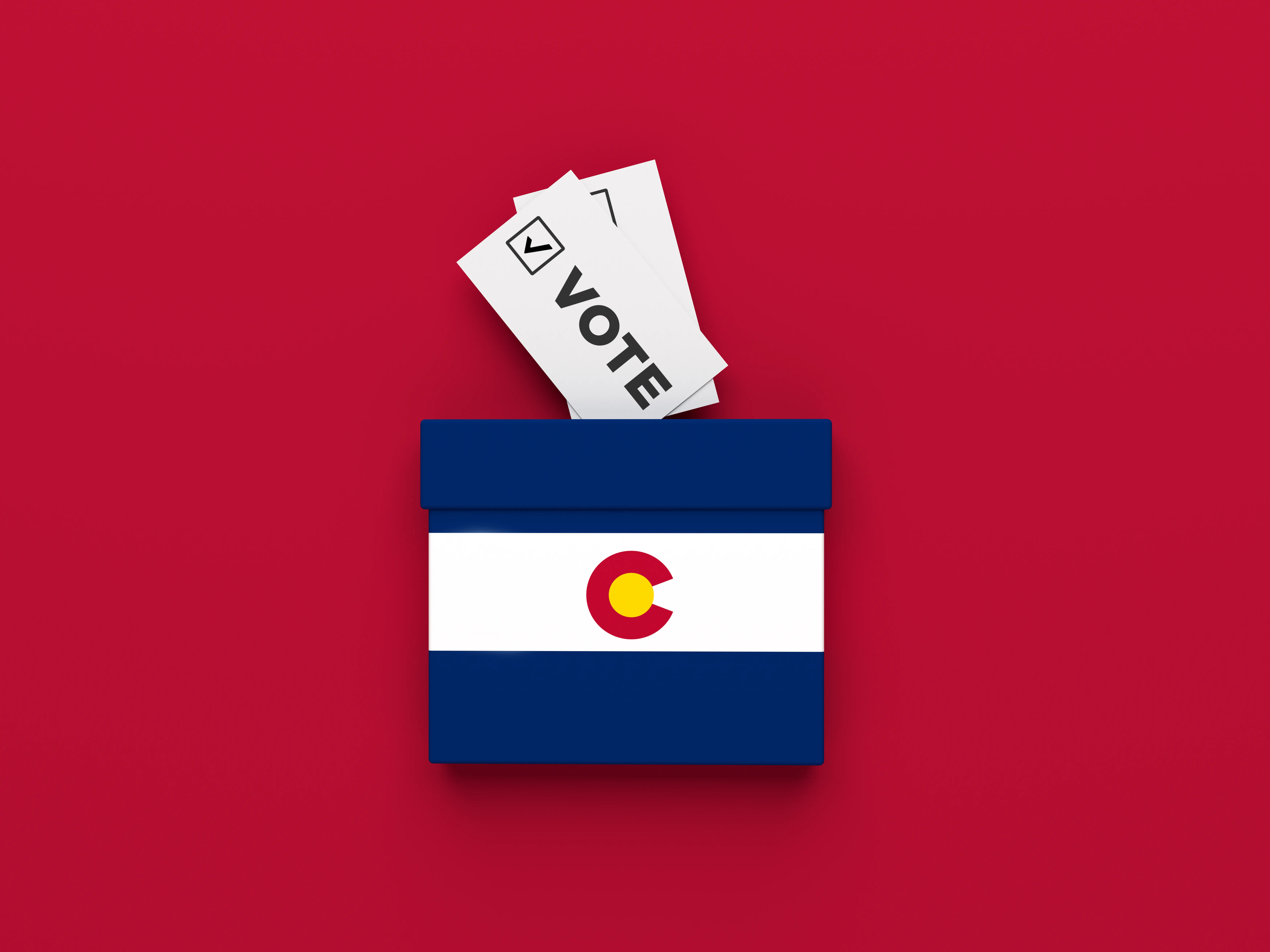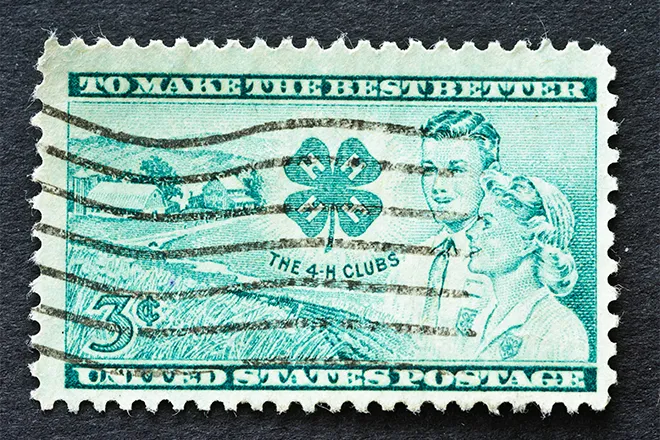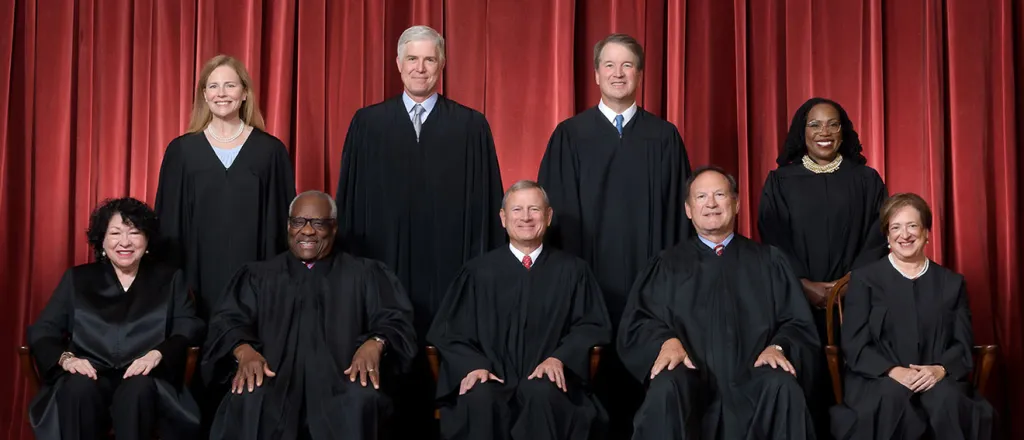
Colorado asks U.S. Supreme Court to reject Nebraska lawsuit over South Platte River
Colorado officials told the U.S. Supreme Court this week that any assertions it is violating the water rights of eastern neighbor Nebraska under a century-old compact are “unripe and premature.”
Colorado Attorney General Phil Weiser and his office wrote in a 42-page filing that Nebraska, like every western state, wants more water. However, Colorado officials said the interstate South Platte River Compact, enacted in 1923, doesn’t give Nebraska the water rights the Cornhusker State claimed when it submitted a complaint in mid-July.
The legal response largely denies Nebraska’s claims as “speculative” and that while there might be a controversy for the high court to resolve one day, it isn’t now.
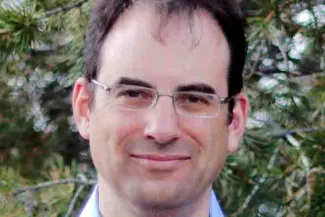
Phil Weiser
“The Supreme Court need not take a case that would put the court and the parties on a long, time-intensive and expensive path that might well, in the end, put the states right back where they were before Nebraska filed their proposed complaint,” Weiser said in a statement.
“Even if the court decides to take up part or all of Nebraska’s case, I’m confident that we will win on the merits,” Weister continued. “Both the facts and the law are on our side.”
Nebraska Governor Jim Pillen and Attorney General Mike Hilgers said they remain undeterred by Colorado’s arguments. Hilgers said his office is reviewing Colorado’s brief and will respond.
The U.S. Supreme Court will still need to decide whether to take up the case. If it proceeds, it could take years before justices hear oral arguments or issue an opinion.
“Nebraska looks forward to enforcing its water rights under this critical compact in front of the U.S. Supreme Court,” Hilgers said.
Nebraska rights questioned
Among the biggest points of contention is what rights Nebraska has during and outside of the irrigation season listed in the South Platte River Compact. Former Governor Pete Ricketts, now a Republican U.S. senator, revived the century-old multi-state agreement in 2022, a year the country faced widespread, long-term drought conditions. Pillen has continued to carry the torch for it, and Hilgers was speaker of the Nebraska Legislature in 2022.
Under the compact, Nebraska has the right to 120 cubic feet of water per second during the irrigation season (April 1 to Oct. 15). Nebraska would have a right to 500 cubic feet of water per second at other times of the year, but only if it builds a canal in Colorado to let it capture and transport such water for irrigation.
The South Platte River originates in the Rocky Mountains in Colorado, continuing to Nebraska.
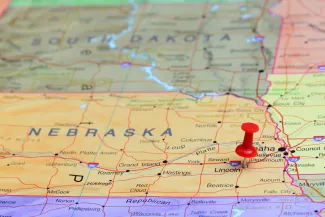
Nebraska state lawmakers have appropriated more than $600 million in taxpayer dollars to build the “Perkins County Canal.” Those Nebraska tax dollars are meant to build a canal that could divert up to 1,000 cubic feet of water per secondin above-average water years, higher than the 500 cfs the state is “entitled” to under the compact. Some Democratic state lawmakers have repeatedly sought to scale back the project’s costs.
Nebraska officials assert that the state has the right to a “minimum” of 120 cfs of water during the irrigation season. The compact explicitly gives Nebraska a “priority” of 120 cfs of water in the “Lower Section” of the South Platte River during irrigation season. It prohibits Colorado from diverting any Lower Section water, unless those water users predate July 14, 1897.
Colorado says the compact guarantees a “place in line” for 120 cfs if there are no older, or “senior,” water users that need the flows downstream from the “Upper Section” of the river.
“If it is not available from shutting off, or ‘curtailing,’ junior water users, Colorado is under no obligation to find water elsewhere,” the Colorado filing states.
Colorado officials wrote that Nebraska alleges “few, if any facts,” that Colorado is harming Nebraska in the irrigation season but that if there are issues, the states might be able to resolve them together first.
The states had been meeting at least sporadically the past couple of years to address water concerns. Colorado criticized Nebraska for filing the lawsuit three weeks before a meeting between the states scheduled for August.
Colorado noted Nebraska is still in the very early stages of canal construction— on Aug. 13, selecting a contractor for an extensive environmental review for permitting, and on Oct. 1, holding the first informational session with the U.S. Army Corps of Engineers.
Work on the Perkins County Canal near Ovid, Colorado, began in 1894, but the project halted after running out of money. (Courtesy of the Perkins County Historical Society)
‘Day in court’
The interstate compact stands out in part because it gives Nebraska the power to condemn and seize land in a neighboring state if needed. Colorado estimated Nebraska’s project would need to secure land rights from about 30 owners. Nebraska has not yet pursued legal action but was in contact with six landowners earlier this year when negotiations fell through.

Colorado officials said that if Nebraska “overreaches” the state will fight to protect its people and water.
“Holding Nebraska to the contours of the rights prescribed by the compact is not ‘interference,’” the Colorado filing states.
Pillen this week again blamed Colorado. He said that as the Denver metropolis has grown, the Centennial State has “shirked” its water obligations and hurt Nebraska ag producers.
“I have faith in AG Hilger’s leadership in this case, and Nebraska looks forward to having its day in court,” Pillen said.
In July, Pillen said he had not discussed the lawsuit or canal with Colorado Governor Jared Polis. Pillen said the two “do not agree one iota, and there’s no sense in further conversations.”
‘A meritless lawsuit’
Colorado officials counter that Nebraska has no remedy under the compact to the Upper Section of the South Platte River, including any development. The response brief says Nebraska is essentially asking for an “advisory opinion” on the “pros and cons” of building a canal that could possibly be used to renegotiate the compact.
While the two states appear to be at an impasse and are led by opposing political parties — Democrats to the west, Republicans to the east — Polis invoked a phrase that Pillen has often used: “Water is the lifeblood of our state.”
Polis said his state has always “faithfully honored” its century-old compact with Nebraska and all other water agreements with its downstream states. He said Colorado would continue to do so.
Said Polis: “We refuse to sit idly by while Nebraska chases a meritless lawsuit that threatens Colorado’s precious water resources, our robust agriculture industry and our rural communities in Northeastern Colorado.”

